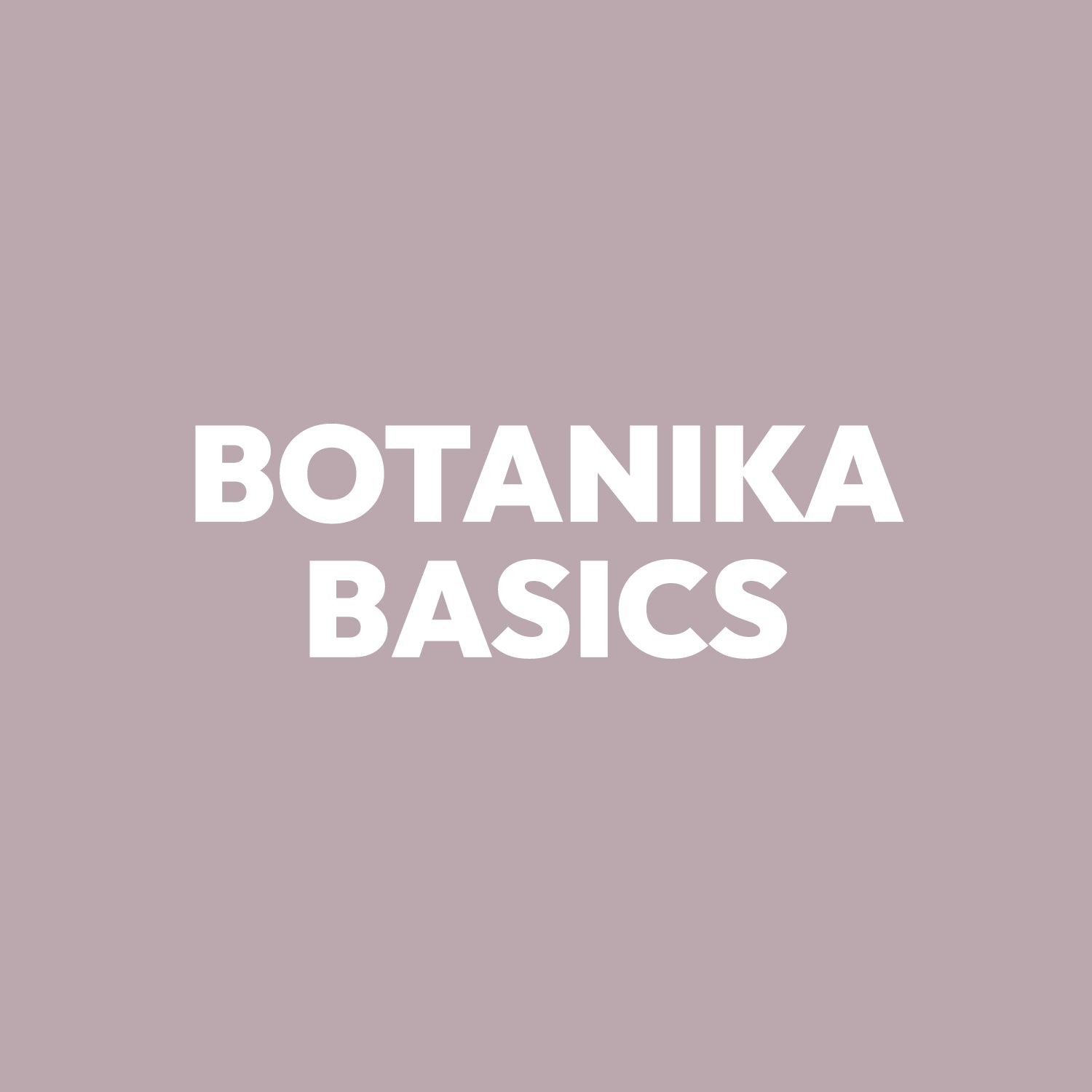

Food and Mental Health: How Nutrition Shapes Mood?
What you eat doesn’t just affect your physical health — it deeply influences your mental health too. Modern medical research confirms what holistic health advocates have known for years: your diet plays an important role in how you feel, think, and cope with stress.
Recent systematic review studies show that people following a healthy diet have up to 35% reduced risk of depression and anxiety compared to those who rely on highly processed foods.

This strong connection between food and mental health is bidirectional — poor nutrition can worsen mood, while mental health challenges often influence eating habits. Understanding this link gives you the power to make dietary choices that support both your body and your mind.
How Food Affects Mood and Brain Function
Your brain consumes nearly 20% of your daily energy, making it highly sensitive to the quality of your nutrition. A balanced diet rich in whole foods, healthy fats, and plant-based proteins supports the production of neurotransmitters like serotonin and dopamine — the chemicals that regulate mood, focus, and motivation.
Here’s how your diet and mental health interact:
-
Refined sugars and processed foods cause blood sugar spikes and crashes, which can lead to irritability and fatigue.
-
Omega-3 fatty acids from walnuts, chia seeds, and flaxseeds lower inflammation and support brain cell function.
-
Amino acids from plant protein powders (like Botanika Blends!) help your brain produce mood-regulating chemicals.
-
B vitamins, iron, and magnesium improve cognitive function and emotional balance.
On the other hand, an unhealthy diet high in refined carbs, artificial additives, or energy drinks can cause chronic inflammation, disrupt neurotransmitter balance, and increase the risk of depressive symptoms.
The Gut-Brain Axis: Why Gut Health Matters for Mental Health
Did you know that about 95% of serotonin — the “feel-good” neurotransmitter — is produced in your gut?
The gut-brain axis describes the communication network between your digestive system and central nervous system. When your gut bacteria are healthy and diverse, they help regulate mood, stress response, and emotional stability.

But when gut health declines — due to antibiotics, stress, or highly processed foods — it can lead to inflammation, reduced serotonin production, and even symptoms of depression and anxiety.
To nourish your gut bacteria, focus on:
-
Prebiotics like garlic, onions, and kidney beans.
-
Probiotics from fermented foods such as yogurt, kimchi, or kefir.
-
Plant-based fiber from fruits, vegetables, and wholegrains.
Healthy gut health means better mood regulation, improved focus, and stronger mental resilience — proving how closely mental health is linked to what’s on your plate.
Brain-Boosting Foods for Mental Well-being
Nutrition is one of the most effective (and natural) ways to support mental wellbeing. Here’s what to include in your healthy eating habits:
🌰 Healthy Fats
Omega-3s and monounsaturated fats reduce inflammation and support brain cell communication.
Examples: walnuts, chia seeds, olive oil, flaxseeds, avocados.
🥦 Complex Carbohydrates
Wholegrain provide steady glucose for the brain, preventing energy dips and mood swings.
Examples: quinoa, brown rice, oats, wholegrain bread, and sweet potatoes.
🌿 Plant-Based Proteins
Protein provides amino acids, essential for neurotransmitter production.

Examples: legumes, nuts, and Botanika Blends Plant Protein Powders — packed with high-quality plant protein that supports brain health, recovery, and balanced energy throughout the day.
👉 Try them here: Botanika Blends Plant Protein
🥬 Micronutrient-Rich Foods
-
Folate (leafy greens, legumes) → supports serotonin synthesis.
-
Magnesium (almonds, dark chocolate, spinach) → helps regulate stress.
-
Iron & Zinc (pumpkin seeds, lentils, beans) → support oxygen transport and concentration.
🍇 Antioxidant-Rich Fruits & Vegetables
Colorful produce like berries, kale, and capsicum combat oxidative stress, reducing the risk of major depression.
The Mediterranean-Style Diet for Mental Health
Among all eating patterns studied, the Mediterranean style diet consistently ranks as one of the best for both physical health and mental wellbeing.
A 2021 study showed that people following this diet had a 33% reduced risk of depression compared to those on a Western diet.
Why it works:
-
It’s rich in healthy fats (like olive oil).
-
It includes abundant fruits, vegetables, nuts, and wholegrains.
-
It minimises red meat and processed foods that contribute to chronic inflammation.
-
It promotes mindful eating and shared meals, improving both digestion and emotional connection.
This approach is easy to adapt for plant-based eaters — simply swap fish for flaxseeds or Botanika Blends Plant Protein for your daily protein boost.
Foods and Drinks That Can Affect Mental Health
While healthy eating supports mental health, some foods can have the opposite effect.
⚠️ Processed Foods and Refined Sugar
-
Linked to a 22% increased risk of depression.
-
Cause blood sugar spikes, fatigue, and mood crashes.
-
Reduce beneficial gut bacteria and increase inflammation.
Examples to limit:
White bread, candy, fast food, and sweetened energy drinks.
🍷 Alcohol
Alcohol disrupts sleep, depletes nutrients, and increases anxiety and depression risk when consumed in excess.
☕ Caffeine and Energy Drinks
Moderate caffeine can boost focus, but too much (especially from energy drinks) overstimulates the nervous system, worsens anxiety, and disrupts sleep — both of which affect mental wellbeing.
Practical Strategies for Healthier Eating Habits
Healthy eating isn’t about perfection — it’s about consistency. Small daily choices can create big improvements in your mental wellbeing.
🕒 1. Plan Your Meals
-
Eat every 3–4 hours to stabilise energy and mood.
-
Include protein (like Botanika Blends Plant Protein) at breakfast to stay focused and satisfied.
-
Batch-cook brown rice or roast vegetables for easy, healthy meals.
🍴 2. Practise Mindful Eating
-
Eat without screens to enjoy food and improve digestion.
-
Chew slowly and be aware of hunger cues.
-
Express gratitude before meals to create calm and appreciation.
💧 3. Stay Hydrated
-
Even slight dehydration impairs cognitive function and focus.
-
Drink 8–10 glasses of water daily.
-
Try herbal teas for hydration with added relaxation benefits.
When to See a Professional
If your mood doesn’t improve after consistent healthy eating changes, it might be time to seek expert help.
An accredited practising dietitian can assess your nutrition and create a plan tailored to your individual needs.
Seek support from a healthcare professional if:
-
Depressive symptoms persist.
-
You use food to manage stress or emotions.
-
You notice dramatic weight gain or appetite changes.
Many factors influence mental illness, including genetics, environment, and stress — but your diet remains one of the most powerful tools for prevention and recovery.
Final Thoughts: Nourish Your Mind with Plant Power
The connection between food and mental health is clear — what you eat shapes how you feel.
By focusing on whole foods, healthy fats, and plant-based nutrition, you can improve cognitive function, balance your mood, and enhance your overall well-being.

Start small: swap processed snacks for fruit, add Botanika Blends Plant Protein to your smoothie, and aim for more colorful, fiber-rich meals. These simple healthy eating habits can transform your mental health from the inside out.
✨ Explore our plant-powered range to nourish your mind and body naturally: Discover Botanika Blends Plant Protein Powders
Share:
FAQs about food and mental health
More blogs
-

Best Natural Sleep Drinks Australia 2026
Sleep drinks are revolutionising how Australians approach better rest. Unlike tablets or teas, they deliver concentrated doses of sleep-supporting ingredients in a warm, enjoyable format that fits seamlessly into your evening routine. Magik Mylk Sleepy Hot Chocolate leads the market with...
-

Natural Sleep Ingredients Explained
Looking for better sleep without synthetic chemicals? Plant-based sleep supplements combine time-tested botanicals with modern science. Magnesium relaxes your muscles, L-glycine lowers body temperature for deeper sleep, L-tryptophan supports serotonin production, passionflower eases anxiety, and chamomile promotes calm, all working together naturally. This guide breaks down the top ingredients backed...
-

Chocolate Rice Protein Pudding
Leftover rice… but make it dessert 🍫This Chocolate Rice Protein Pudding is rich, silky, and quietly genius. Zero waste energy, chocolatey comfort vibes, and a sneaky protein boost... aka dessert that does more. Method 1. Melt your chocGently melt the dark...
















